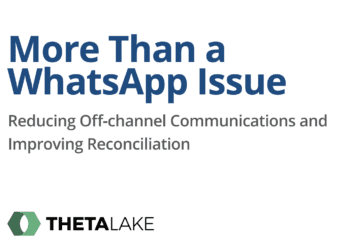A strong ethical culture, including clear expectations for acceptable conduct within the organization and with third parties, is essential for good governance. Ethical behavior, however, involves much more than a code of ethics. The audit committee plays a critical role in ensuring that an organization’s culture aligns with its code of conduct, that behaviors are consistent from top to bottom, and that corporate values resonate throughout the organization. But getting a true understanding of an organization’s ethical culture can be difficult when the people the audit committee relies on most for information about the organization — senior management — are the people who, ultimately, must be held most accountable.
According to KPMG’s 2014 Global Audit Committee Survey, nearly 90 percent of audit committees get a sense of the company’s tone and ethical culture by having frequent, informal communications with the CEO, CFO, and other senior executives. Only 45 percent interact with employees below the C-suite, and 26 percent conduct employee surveys. Indeed, overreliance on senior management’s perspective can create unintended risk.
In this issue of Tone at the Top, seasoned professionals offer five tips to help audit committees reduce that risk and boost the organization’s ethical culture.
Read the full issue here.











